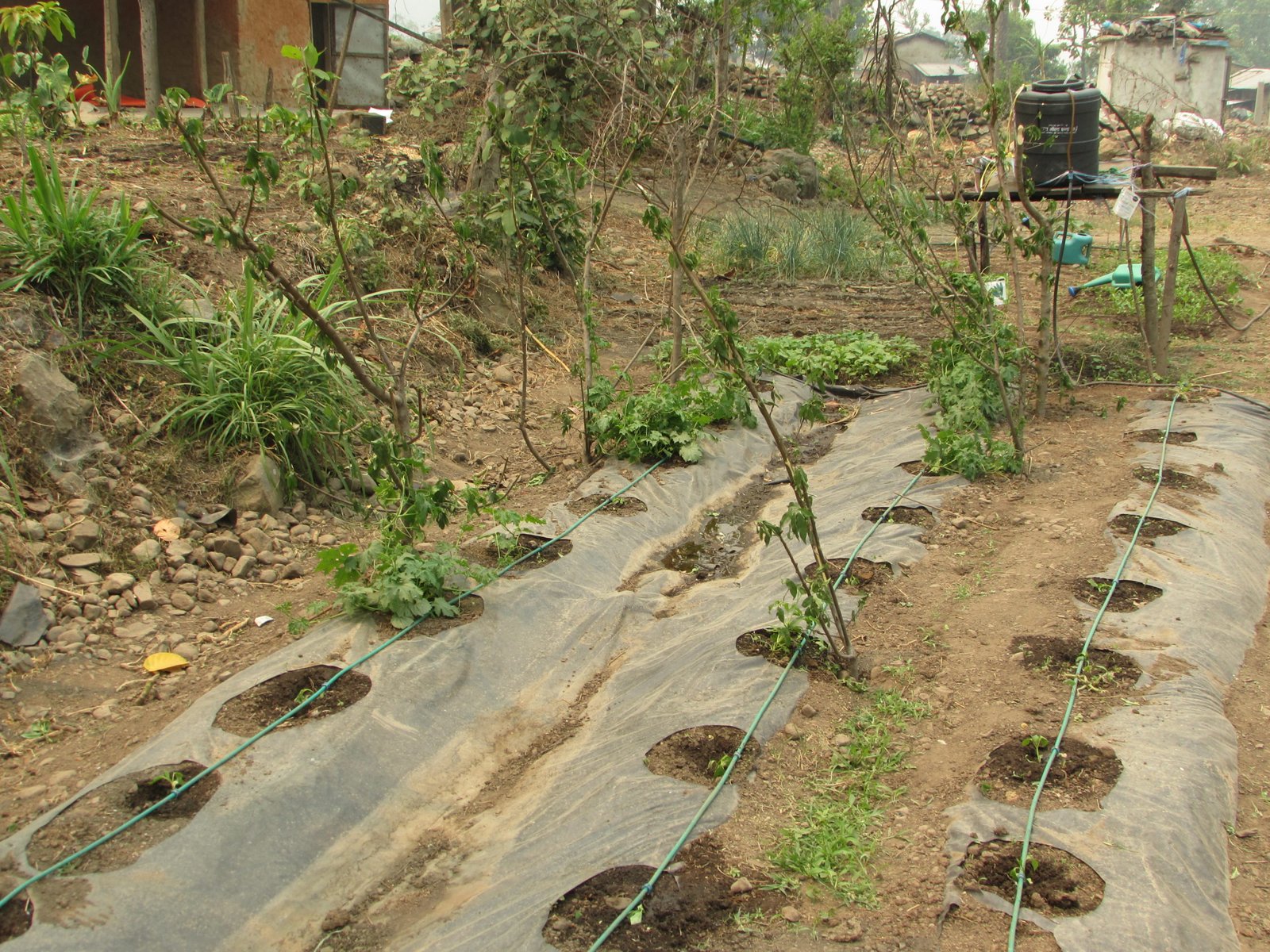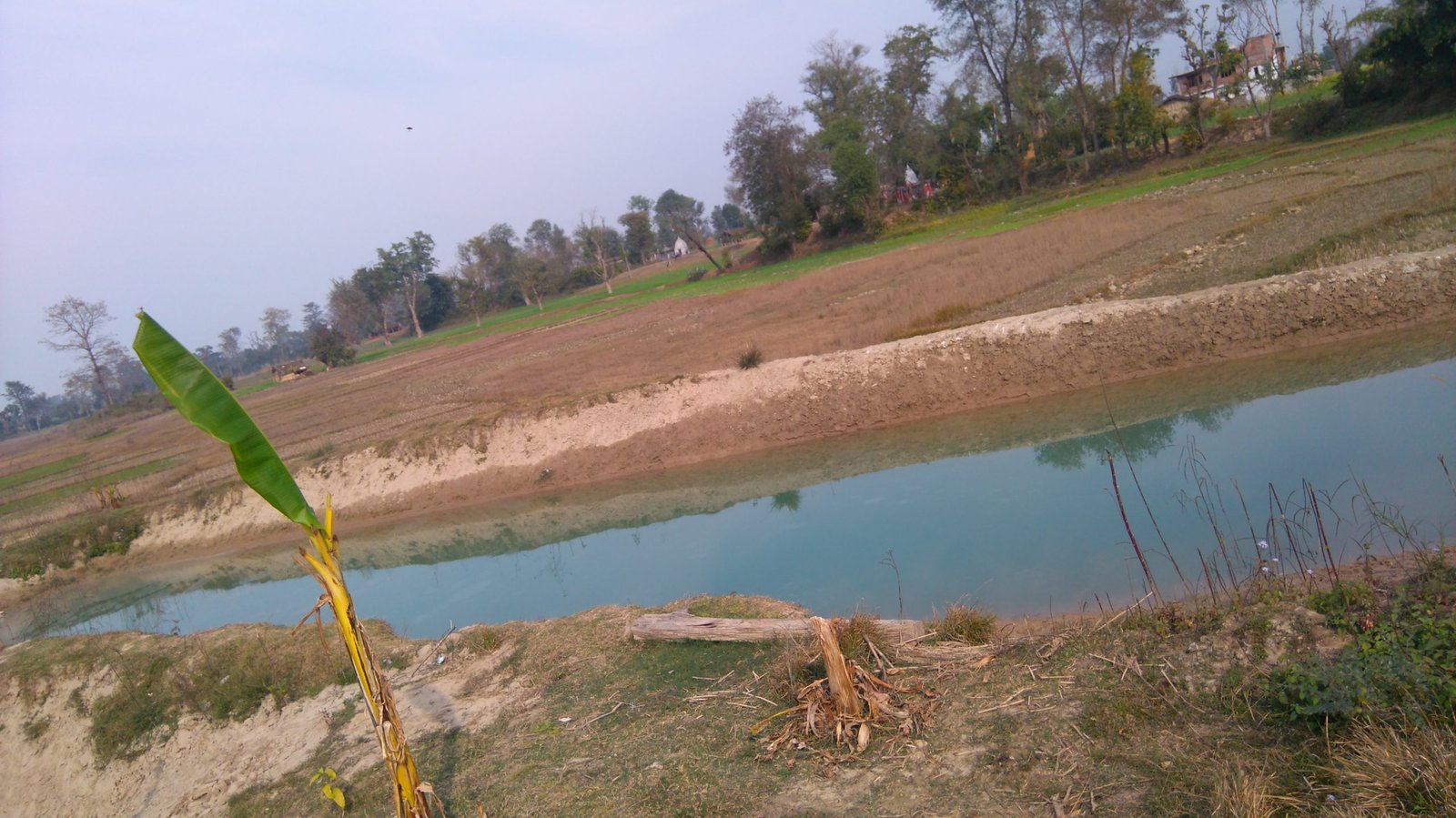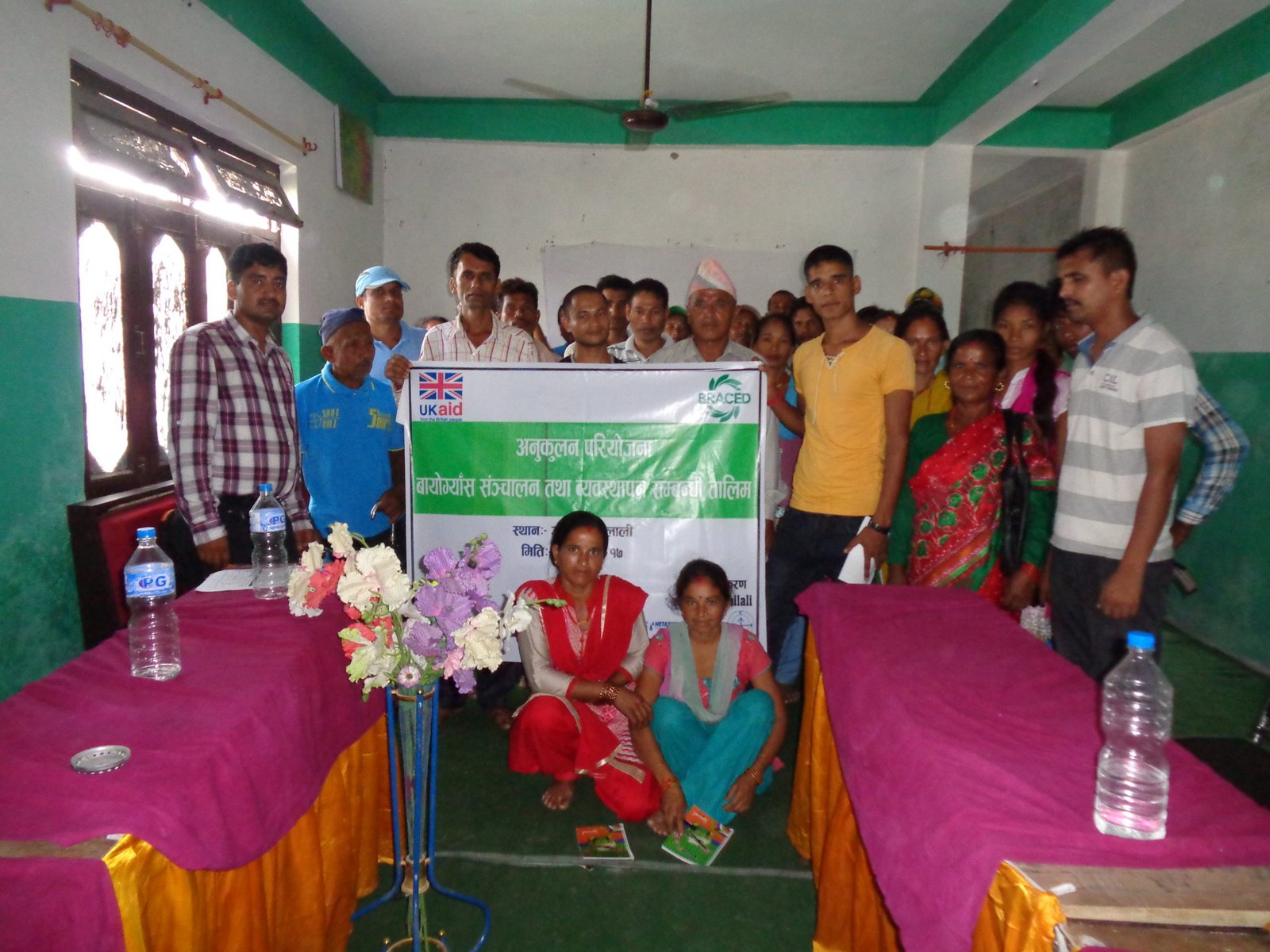Our Story
2012
Estd.
Rupantaran is a non profit organization dedicated to transform people’s lives and living by mobilising and managing resources, promoting social justice and nurturing collaboration. It envisions a transformation in natural resources, resource users and resource institutions through knowledge, actions and relationships
Transforming people’s livelihoods and their resource base by enhancing social justice, promoting cooperation and collaboration.
Sustainable management of natural resources for developing capabilities of natural resource users and institutions through shared vision, shared commitments and shared actions
- To provide managerial services in human resources, financial and project implementation
- To provide strategic and management support on livelihood improvement, governance, social inclusion, sustainable management of natural resources.
- To support livelihood improvement of rural community through effective and sustainable management of natural resources and it equitable distribution.
- To be impartial and independent entity to implement environmental services
- To enhance the capacity of service provider organizations who are engaged in natural resources management
- To explore opportunity at local, national and international level for sustainable development of community people.
- To establish collaborative approach with national and international organizations, networks, private company and stakeholders.
- To support equitable access on policy formulation and policy level feedback on natural resources and its uses
- To support programme implementation related to income generation, enterprise development, small infrastructure, diversification of livelihood improvement, sustainable forest management, public land management, promotion of technology on alternative energy etc.
Our decisions and behaviour are guided by the following values:
- Excellence: What we do, we do well to provide outstanding services and achieve excellent results.
- Respect: We recognise the differences among our colleagues and clients, and respect their voice and opinions.
- Team Work: We are one team out of diversity. We strive to unleash our teams’ potential to achieve our common goals.
- Integrity: We do what we say. We demonstrate the highest honesty and fairness in implementing our commitments, plans and programmes.
- Transparency: We believe good governance to be a fundamental framework for effective development. We adhere to the highest ethical standards for transparency and governance.
- Socially responsible and environment friendly: We are confident that our working practices and the assignments we undertake are as socially responsible and as environmentally sound as possible.
Our work is guided by the following principles:
- Equity: We create equal development opportunities for all members of our diverse community giving special attention to poor, women and excluded people.
- Inclusive: We recognise and respect diversity among our own and our clients organisations and we make ourselves inclusive.
- Sustainability: We explore ways to mobilise local resources whereby development interventions can be sustained.
- Environment friendly: We are committed to reducing our carbon footprint and mitigating unavoidable emissions.
- Partnership: We work in genuine partnership with different institutions at all levels in order to achieve the greatest impact.
- Neutrality and Impartiality: We remain neutral and impartial in all our relationships and programme interventions
Rupantaran has categorized two broad sources of funds i.e. external and internal. External is mainly from winning the bids for project implementation. To date, Rupantaran has been successful in receiving funding from United Stated Agency for International Development (USAID), Adventist Development and Relief Agency (ADRA/AUS AID), Department for International Development (DFID) and United Nations Development Programme/GEF/SGP, Swiss Development Cooperation. The internal source is basically from membership registration fee and donations.
Rupantaran is specialized in following core areas :
Climate Change Adaptation, Livelihoods & Economic Development, Forest Management Services, Gender & Social Inclusion, Monitoring and Evaluation. Some of the examples that the organization is providing services are as follows:
CLIMATE CHANGE ADAPTATION
- Awareness raising and capacity development through designing and delivering trainings and organizing workshops
- Carrying out training and leadning need assessments and developing training packages
- Preparation and dissemination of various information, education and communication materials
- Preparation of documentary, radio gingles, public service announcement etc
- Vulnerability Assessment: Carrying out vulnerability assessment at various levels especially at community, VDC and District level following IPCC guideline.
- Development and implementation of Harmonized Local Adaptation Plans for Action (LAPA)/ Community Based Adaptation Plans (CBAP) preparation
- Conducting climate sensitive wellbeing ranking
- Mainstreaming LAPA/CBAP in ongoing development plans of GoN/LAs,NGOs and Development Partners
- Knowledge management through documentation, publication, recording
LIVELIHOODS AND ECONOMIC DEVELOPMENT
- Economic Empowerment through supporting livelihoods diversification, implementation of income generating activities, Establishment of Revolving Funds.
- Implementation of small scale infrastructure [multiple use water system, micro irrigation, conservation ponds etc
- Promotion of alternate energy eg Bio gas, solar energy, improved cook stoves
- Social Empowerment through empowerment of Ward Citizen Forums, Interest groups, Tole and sub-committee/groups; leadership development, increase voice and influence, supporting to change the rules of the games, Institutional Strengthening of groups/networks, conducting various trainings and workshops (Social Mobilization, Governance, Equity, Record Keeping, Leadership, Group Management, Public auditing/hearing.
- Enterprise and entrepreneurship development through sub sector analysis and value chain development, Business Plan Development, Enterprise Establishment Support, Market linkage development and Marketing Support, Private Sector Engagement, Technology Transfer, Market service centre establishment.
FOREST MANAGEMENT AND ENVIRONMENTAL SERVICES
- Forest Management Capacity Building through knowledge transfer of technical forestry, supporting in forest management and silviculture, supporting in preparing forest operational plan and applying principles of sustainable forest management.
- Restoration of Forest and Forest Ecosystem through seedling production and Nursery Management, plantation, public and Institutional land management, Rapid Ecosystem Assessments (REA). Promoting landscape level soil and water conservation.
- Demo Plot Establishment [Forestry, Agro-forestry and technology demonstration]
GENDER GOVERNANCE AND SOCIAL INCLUSION
- Capacity building through social inclusion/GESI trainings, Gender Audits and Gender Mainstreaming in the project. Establish gender disaggregated database of project activities
PROJECT MANAGEMENT
- Project Management and Implementation through management of donor funded programme/projects, implementation of projects in collaboration/coordination with government and DDC/VDC, and mobilization of local NGOs.
- Institutional Development of partners and stakeholders through capacity development on current issues, techniques and processes. Institutional strengthening of GOs, NGOs and VDC/DDC based mechanism [DEECC,DFCC, VFCC]
MONITORING AND EVALUATION
-
- Establishing Bench Marks through collection and processing baseline data for establishing the bench mark of the intervention.
- Photo Monitoring through taking time series photo and interpretation
- Project Design, Monitoring & Evaluation through project implementation strategy development, PIG (Project Implementation Guidance) and DIP (Detail Implementation Plan) preparation, conducting Outcome Monitoring, result based monitoring, impact assessment
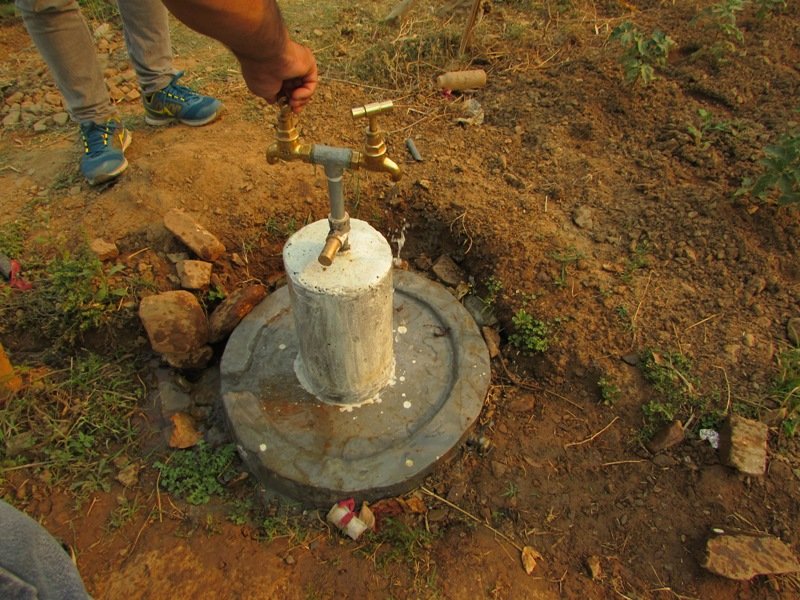
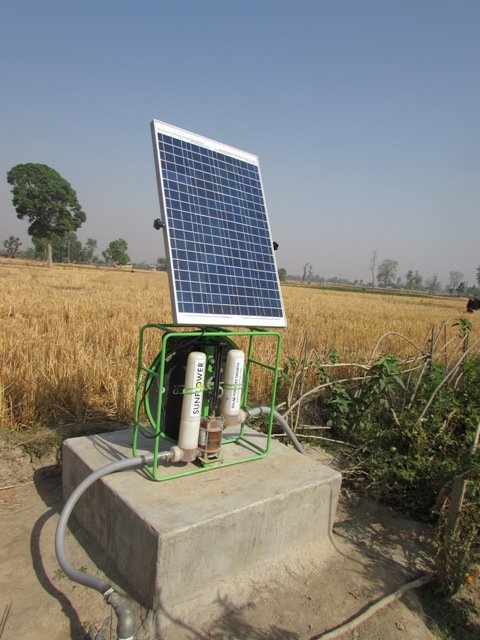
Gallery
Become Part of Our story
